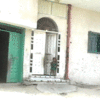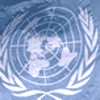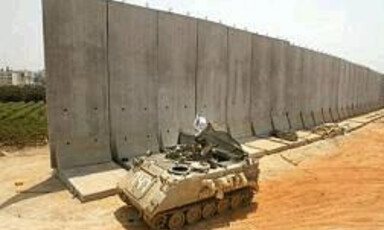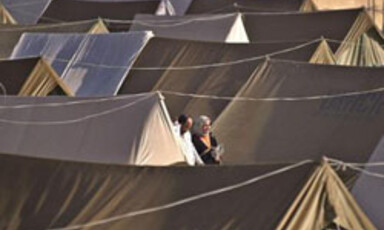
What a settlement freeze means and why it matters
25 July 2003
ICG’s work in Israel, the occupied territories and Israel’s Arab neighbours is focused on new and more comprehensive political and diplomatic strategies to address the sources of conflict, and deal with the main factors within Israel and Arab societies hindering the achievement of sustainable peace. In its latest report, ICG addressed the question: “What a settlement freeze means and why it matters?” Read more about What a settlement freeze means and why it matters





